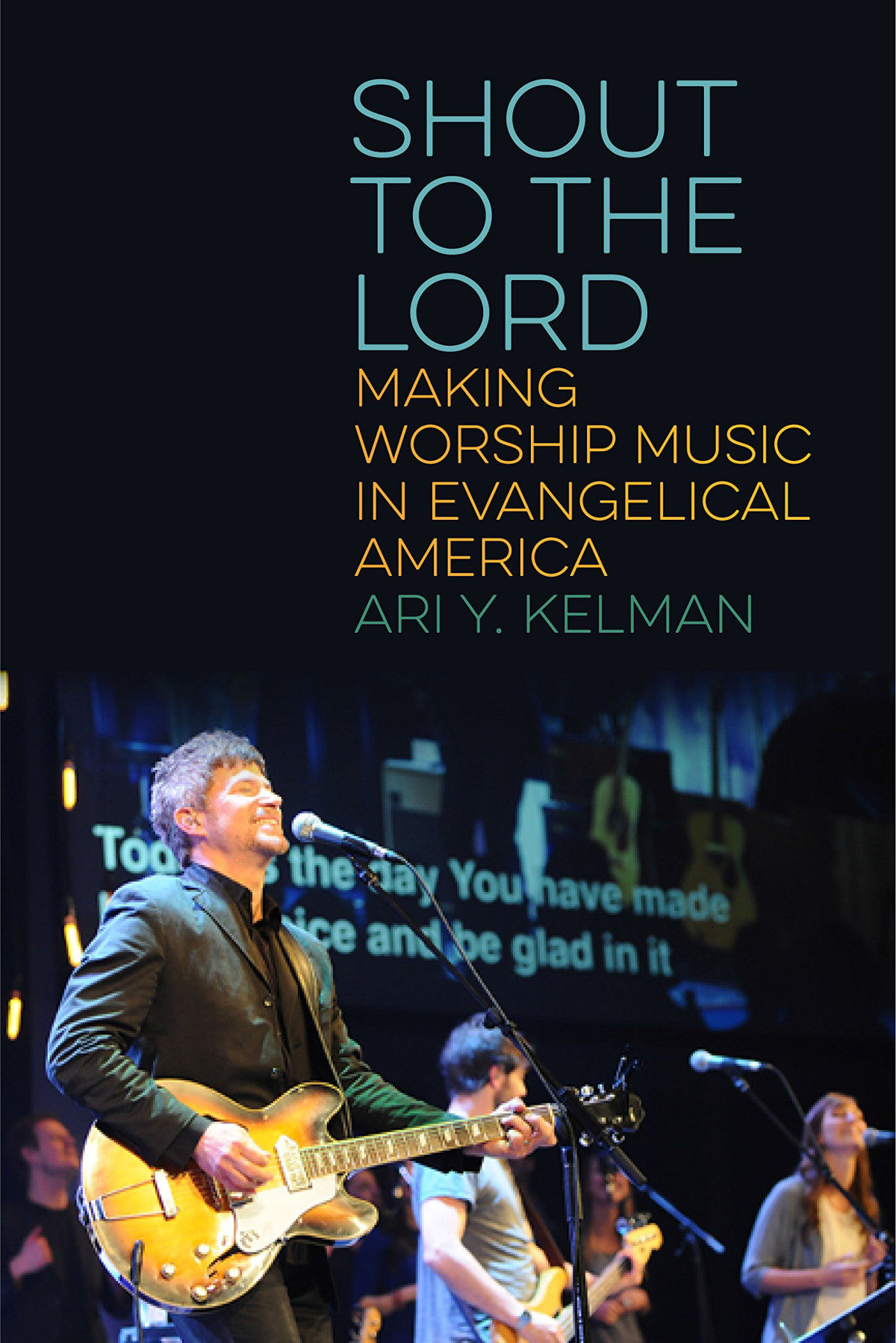

Most ebook files are in PDF format, so you can easily read them using various software such as Foxit Reader or directly on the Google Chrome browser.
Some ebook files are released by publishers in other formats such as .awz, .mobi, .epub, .fb2, etc. You may need to install specific software to read these formats on mobile/PC, such as Calibre.
Please read the tutorial at this link: https://ebookbell.com/faq
We offer FREE conversion to the popular formats you request; however, this may take some time. Therefore, right after payment, please email us, and we will try to provide the service as quickly as possible.
For some exceptional file formats or broken links (if any), please refrain from opening any disputes. Instead, email us first, and we will try to assist within a maximum of 6 hours.
EbookBell Team

4.1
10 reviewsHow music makes worship and how worship makes music in Evangelical churches
Music is a nearly universal feature of congregational worship in American churches. Congregational singing is so ingrained in the experience of being at church that it is often misunderstood to be synonymous with worship. For those who assume responsibility for making music for congregational use, the relationship between music and worship is both promising and perilous – promise in the power of musical style and collective singing to facilitate worship, peril in the possibility that the experience of the music might eclipse the worship it was written to facilitate. As a result, those committed to making music for worship are constantly reminded of the paradox that they are writing songs for people who wish to express themselves, as directly as possible, to God.
This book shines a new light on how people who make music for worship also make worship from music. Based on interviews with more than 75 songwriters, worship leaders, and music industry executives, Shout to the Lord maps the social dimensions of sacred practice, illuminating how the producers of worship music understand the role of songs as both vehicles for, and practices of, faith and identity. This book accounts for the human qualities of religious experience and the practice of worship, and it makes a compelling case for how – sometimes – faith comes by hearing.